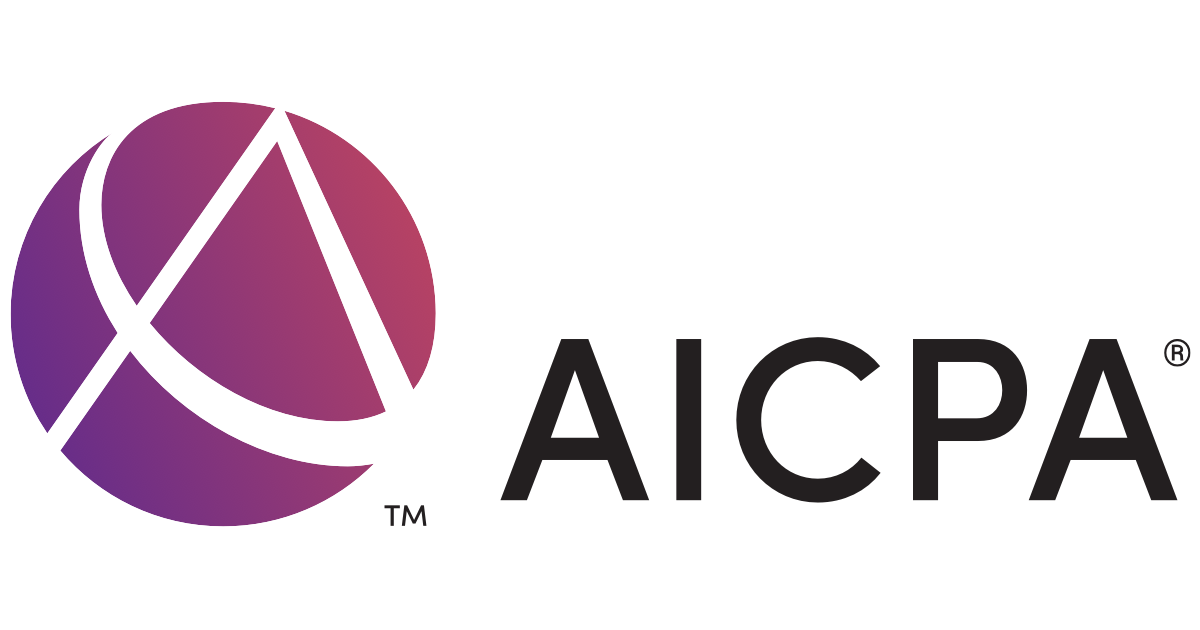Client received a 1099-C in the name of his S corp which has been out of business for several years. ID number is the S corp's EIN.
Is Client responsible for this cancellation of debt? Normally any income to the business flows through to the officers. Would that still apply when the business no longer exists.
Thanks
Linda EA
Is Client responsible for this cancellation of debt? Normally any income to the business flows through to the officers. Would that still apply when the business no longer exists.
Thanks
Linda EA

Comment